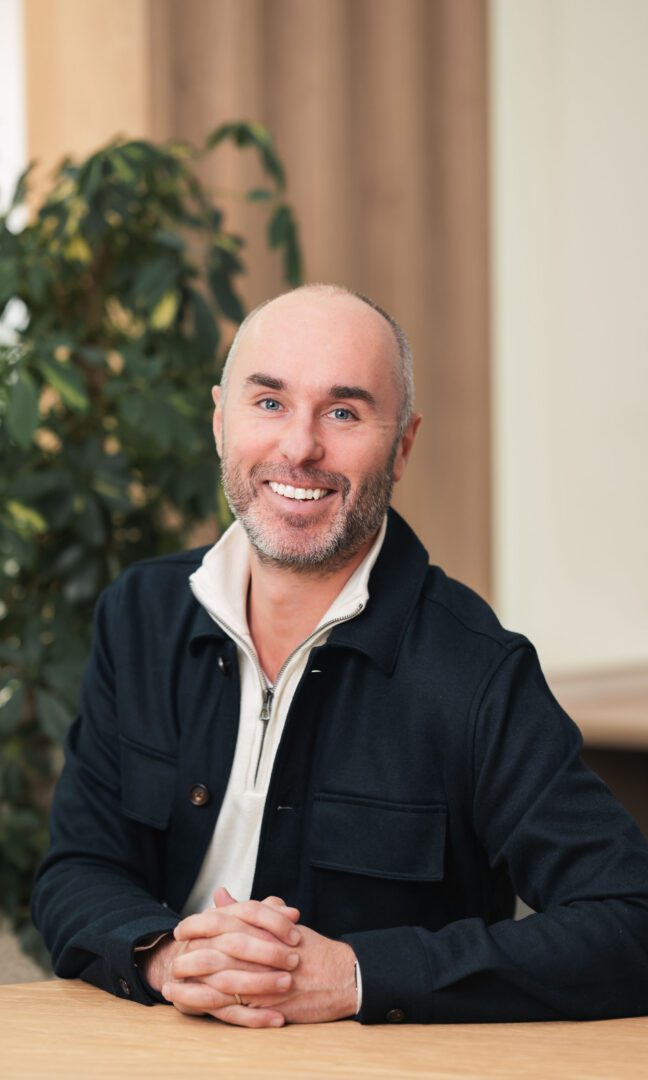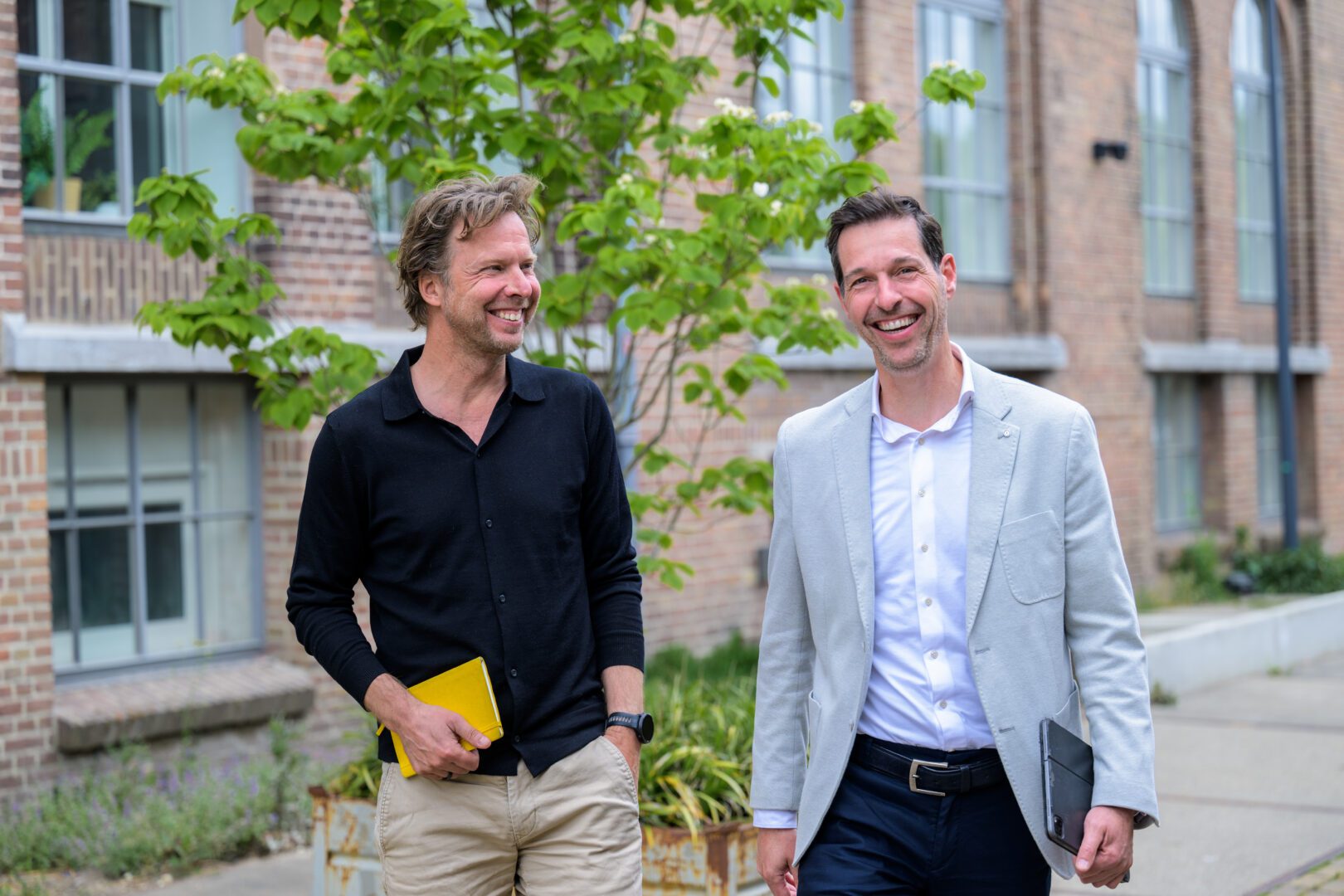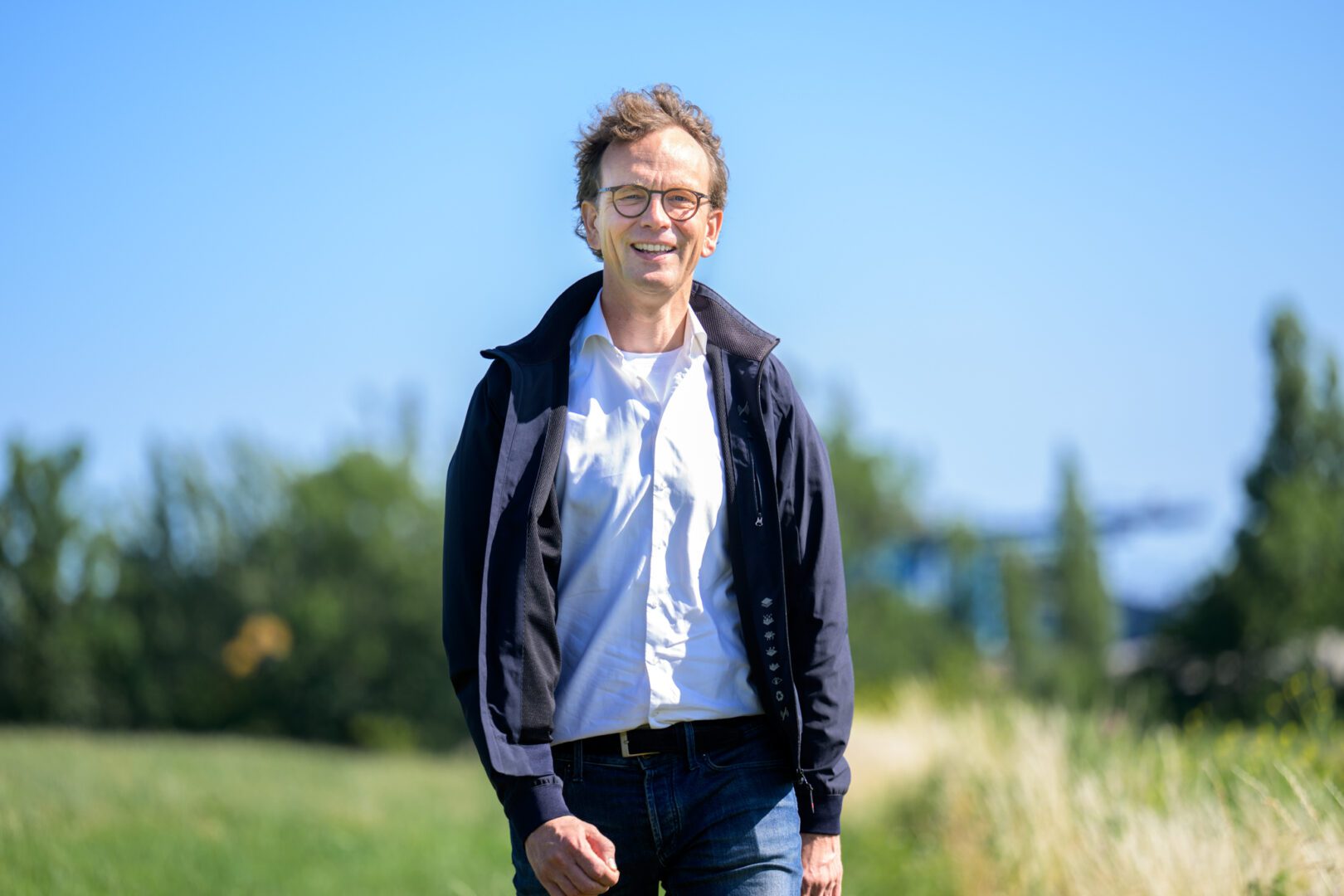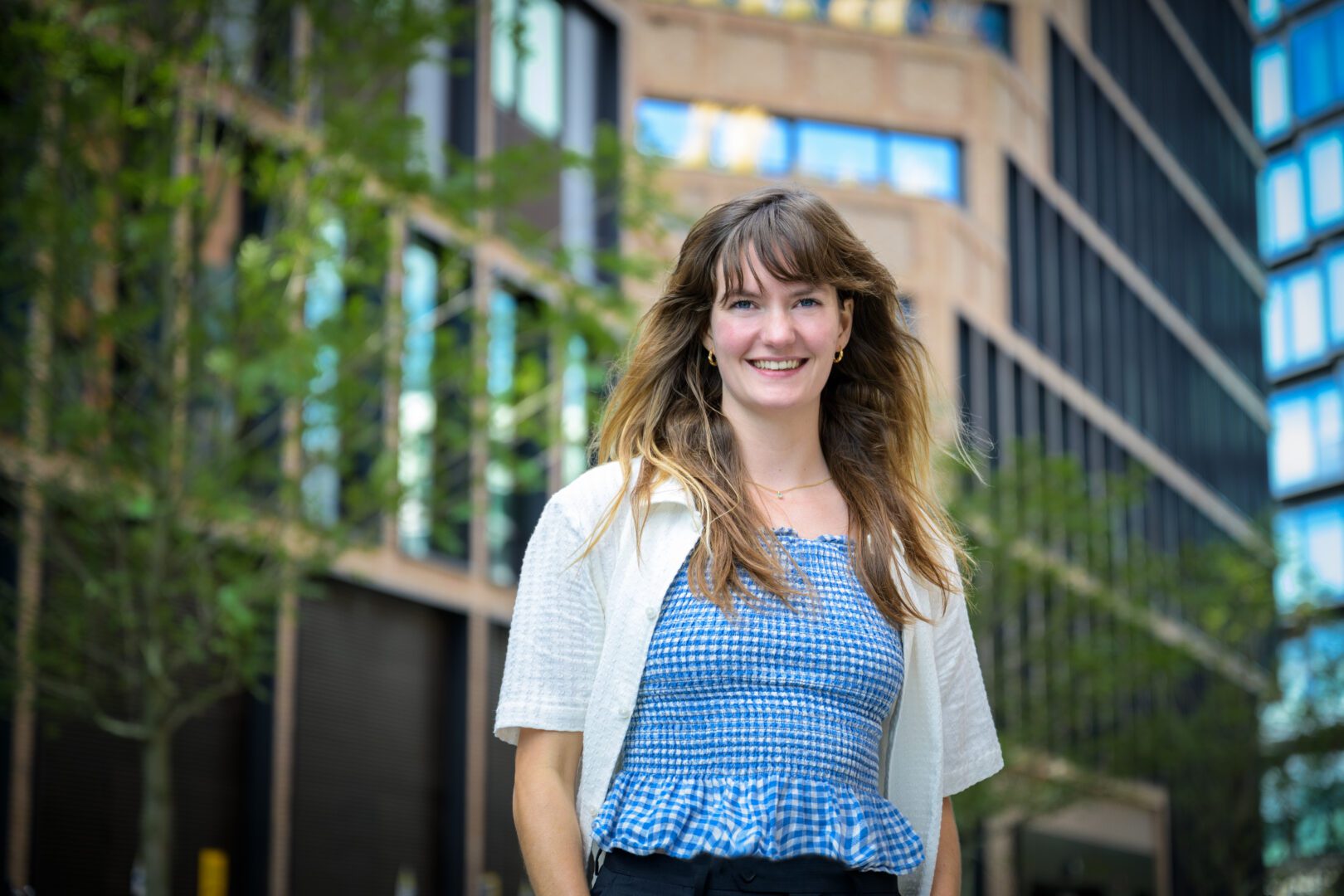In recent years, the Dutch investment climate for rental properties has deteriorated significantly. The consequences are clearly noticeable; foreign investors are increasingly opting for other countries and investments. Nevertheless, Ruud van Eijk, director of AM Capital, sees opportunities.
Dutch investment climate: stimulate rather than regulate
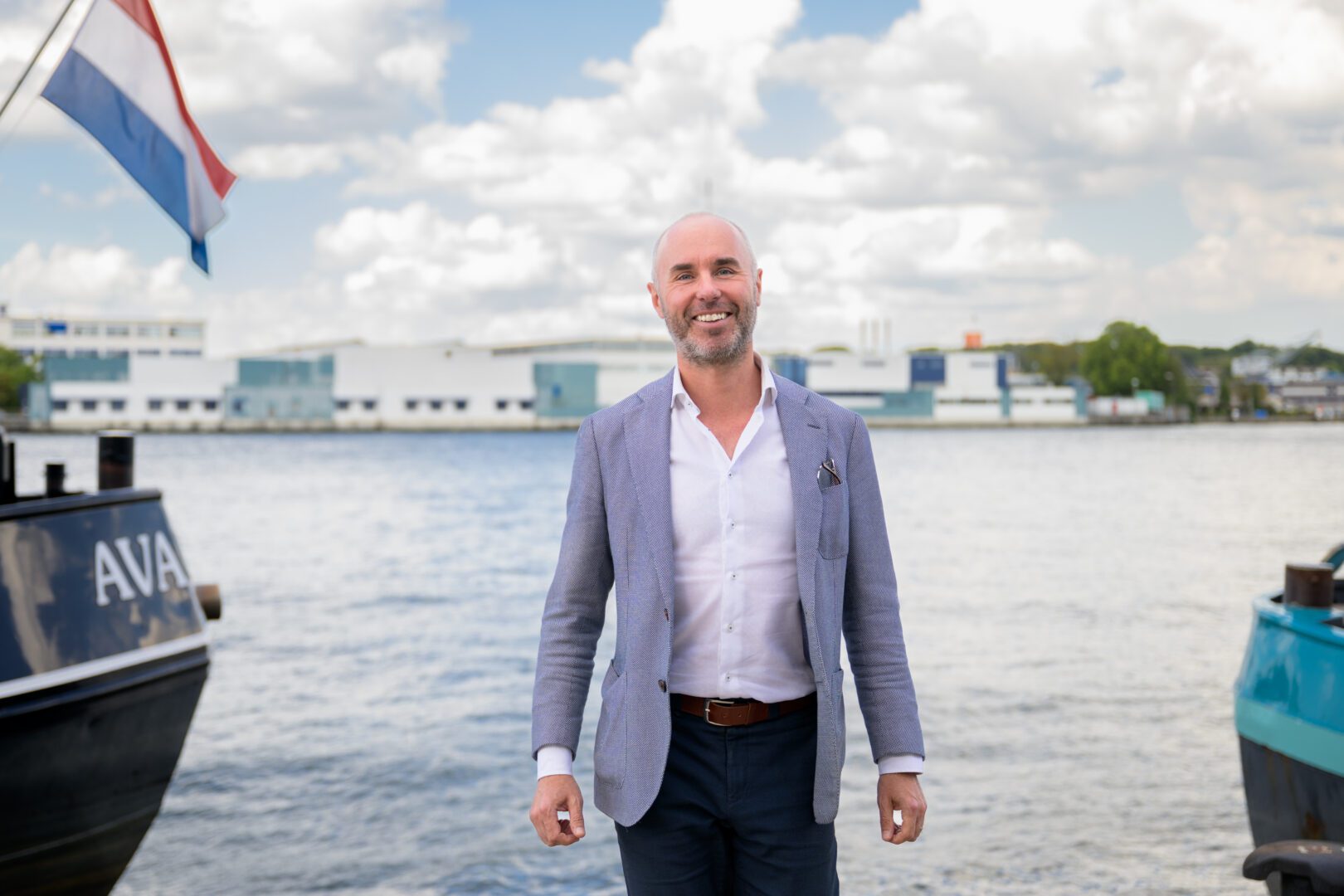
Ruud van Eijk is director of AM Capital. In this role, he focuses on attracting strategic partnerships with investment partners for large new development projects and on the complex sale of rental properties to investors. Not an easy task. The current unfavourable investment climate is largely caused by further regulation of the property market, explains Ruud: "The Affordable Rent Act determines the maximum rent that landlords are allowed to charge. In addition, approximately two-thirds of new-build homes must be affordable. And then there are the tax restrictions such as interest deduction, corporation tax for foreign pension funds and high transfer tax: currently 10.4%, next year 8%. For foreign institutional investors, this means a lower return in the Netherlands than in other countries."
The Affordable Rent Act stipulates the maximum rent that landlords may charge. In addition, approximately two-thirds of new-build homes must be affordable.
At AM Capital, Ruud strengthens AM's position as a property developer in the capital market. ‘We are not a party that waits for the investment climate to change. We actively build bridges between policy and capital so that housing projects can continue, even in this challenging market.’ AM Capital is building new investments and partnerships, especially in these times. In doing so, we demonstrate that we not only develop projects, but also create the conditions to make them possible.
More capital needed for development
According to Ruud, the consequences are not limited to the sale of mid-range rental properties. "On the development side, we are facing enormously capital-intensive projects if we indeed want to solve the national housing shortage. To build a million new homes, we need roughly 400 billion euros to pre-finance the land value. To put that into perspective, APB, the largest pension fund in our country, has promised to invest 10 billion euros in Dutch real estate projects. It's fantastic that they are doing that, but much more is needed. We need to welcome back foreign capital, which is currently staying away due to the Dutch investment climate.
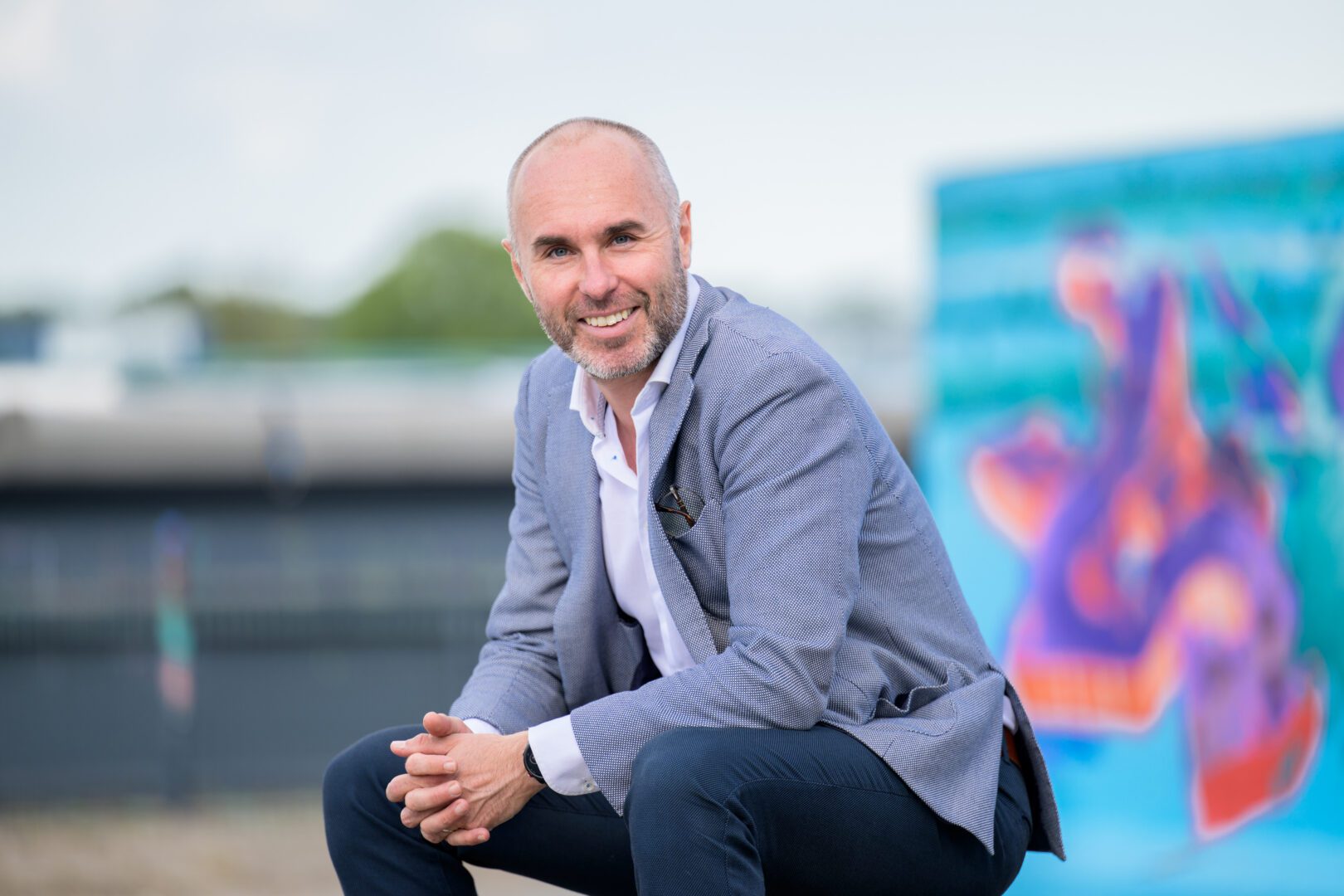
Business case no longer viable
He explains that investors are forced to choose investments in other countries and investment categories. Ruud: "In 2017, we were still working with international investors to get large projects such as Bajeskwartier off the ground. Now we regularly sit down with similar parties, but the financial conditions are insufficient to interest them in the housing market. From an international perspective, the returns are too low as a result of the requirement for two-thirds to be affordable and rent and tax regulations. As a result, investors are choosing to invest in other countries. The share of foreign investors in rental properties will have fallen from 30% to 2% by 2024. Foreign investment in development projects has been almost non-existent.”
The share of foreign investors in rental properties fell from 30% to 2% in 2024.
Return
According to Ruud, construction can only take place if developers and investors can once again generate a reasonable return. Ruud: ‘More government regulations will not solve the problems. The investment climate must improve. The government can do this by stimulating rather than regulating.’ According to Ruud, it seems as if no returns are allowed to be made on housing construction: ‘Because housing is a basic necessity and a sensitive subject, it seems taboo to make money from it. But food from the supermarket is also a basic necessity, and we find it perfectly normal to make money from it.’ Moreover, he argues, this approach achieves the opposite of affordability: ‘If investors do not achieve their returns, then construction simply does not happen. The result is that rents and purchase prices only rise, because that is the law of supply and demand.’
Stimulating the housing market
Ruud advocates a viable business case for investors. ‘The government can play an important role in this,’ he says. "For example, the affordability threshold could be set less strictly at two-thirds of homes. Ideally, you want to tailor this flexibly to the area you are developing. In neighbourhoods where there is already a lot of social housing, the proportion could be lower, so that more social housing can be built in other locations. In other words: tailor it to the current stock and supply and demand."
He also mentions reducing VAT on new-builds as a stimulus measure. "If we reduce VAT on new-builds from 21% to, say, 10%, half of that saving could benefit the business case for the development. And the investor could then purchase the other half more cheaply. You might think that this would be at the expense of the treasury's income, but what ultimately yields more: levying 21% on zero homes built, or 10% on a large number of homes sold? Such measures could get the housing market moving again."
Ruud also sees opportunities to stimulate the sale of mid-range rental homes to foreign institutional investors. ‘Think of equalising the tax burden for foreign and Dutch pension funds, further reducing transfer tax and offering moderately more scope for rent increases when making the housing stock more sustainable.’
Develop smarter and bigger
Where others only take action once the preconditions have improved, AM actively seeks ways to optimise the business case. ‘At AM, we believe that innovation in processes and products is the key to affordable housing,’ says Ruud. The ball is not solely in the government's court. One way in which AM can keep projects attractive to investors is by scaling up projects and applying more industrialisation. "By thinking more intelligently about layouts and floor plans, and responding better to the wishes of investors, we can keep projects affordable and attractive. Furthermore, large-scale area developments such as the Draka site in Amsterdam, which we acquired with Amvest, are interesting. Because even though the margins for investors are not yet as high as we would like, we can compensate for this to some extent through standardisation when dealing with large numbers.”
By thinking more intelligently about layouts and floor plans, and responding better to investors' wishes, we can keep projects affordable and attractive.
Accelerating area development
Ruud also sees opportunities in accelerating projects, something that the government is fortunately already looking into. "If development projects take four years instead of eight, we will become attractive to foreign investors again. The government programme STOER (Scrapping Contradictory and Superfluous Requirements and Regulations) has been set up to ensure that superfluous rules are scrapped. There are a great many rules that cause area development to take an unnecessarily long time. In addition, 24 breakthrough locations have been designated that are promising for large-scale housing construction and where the government wants to accelerate the realisation of housing. This is an opportunity to speed things up. There are plenty of places where we can build. The key is to ensure that the plans can be implemented more quickly."
Building bridges between governments and international investors
According to Ruud, accelerating development projects and improving returns requires better connections between foreign investors and government bodies such as local authorities and central government. “I hear from major investors who invest millions in cities that they often don’t even know which department to turn to when they encounter problems. That connection really needs to be improved.”
On behalf of AM, Ruud is working on building that bridge in the Holland Metropole partnership, an alliance between the five largest cities, private investors and developers. ‘Under that banner, we are establishing contacts with international parties, for example at the Expo Real trade fair in Munich. By talking directly to foreign investors there, together with councillors, we gain a better understanding of the issues they face.’ According to Ruud, it is currently mainly a matter of sowing many seeds in order to reap the rewards later. ‘The business cases are challenging at the moment. But there will come a time when they become interested again. By investing in relationships and trust now, we will reap the rewards later.’
